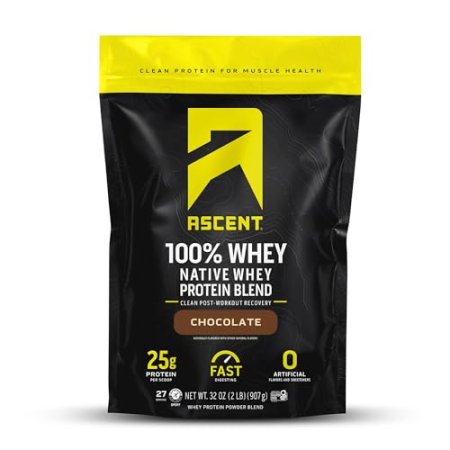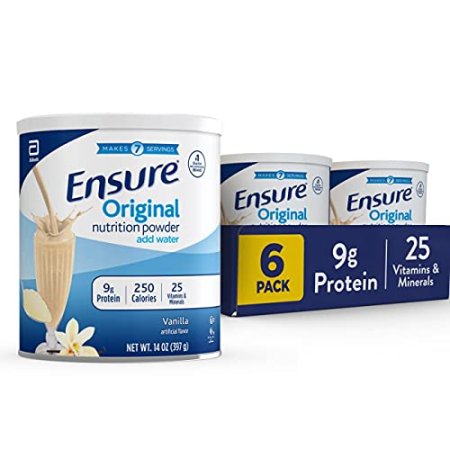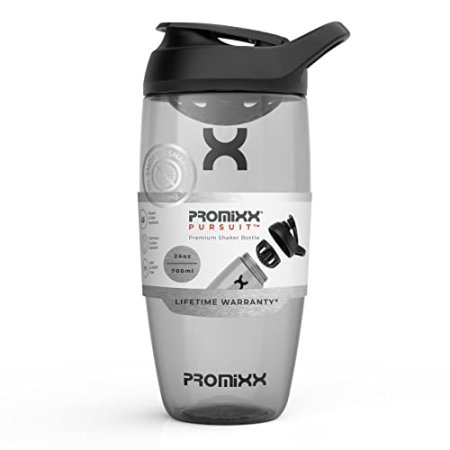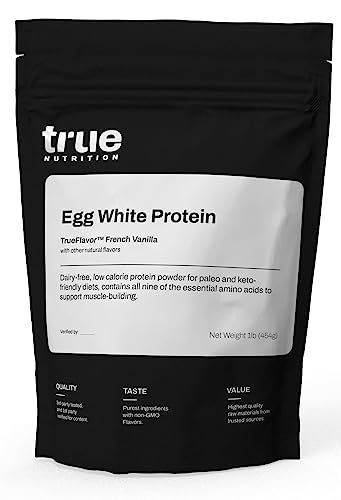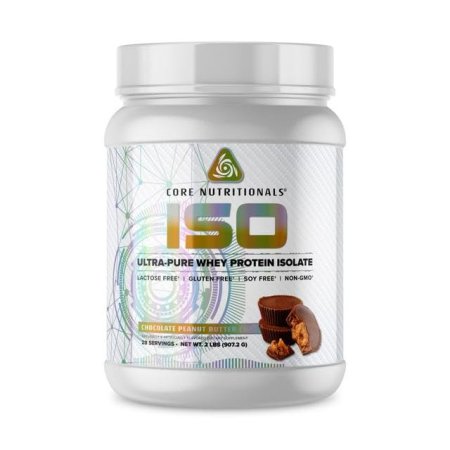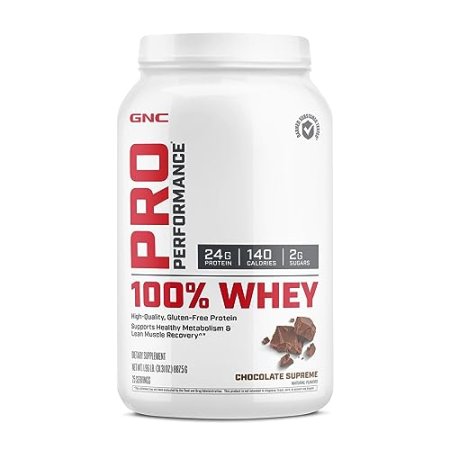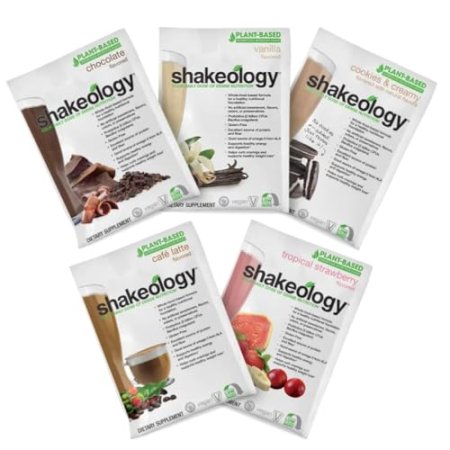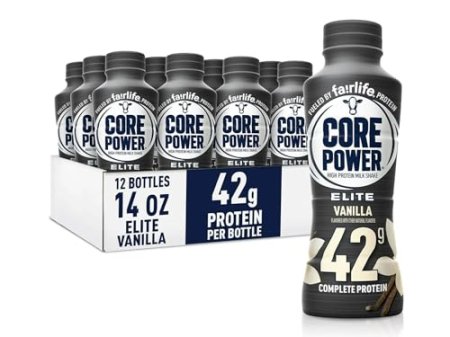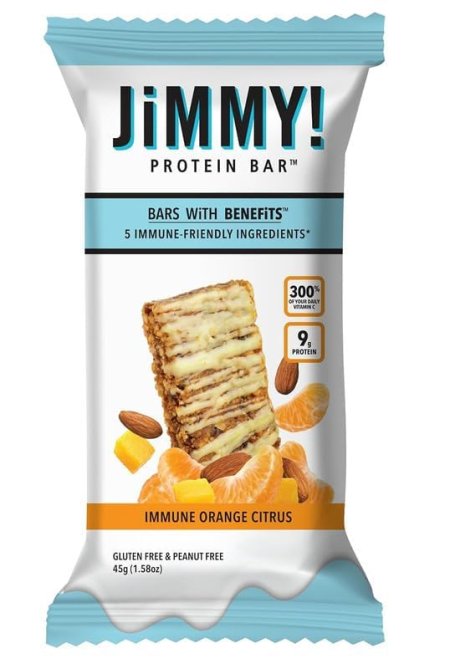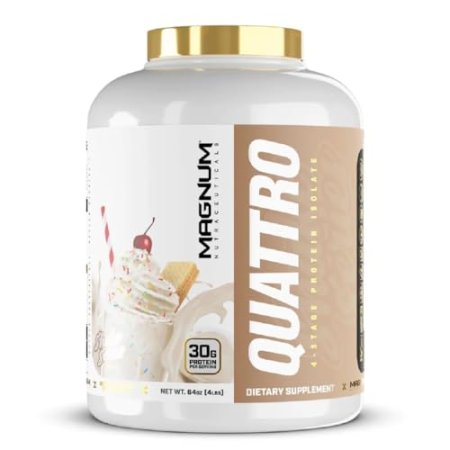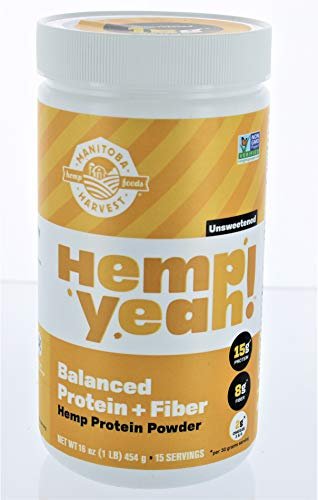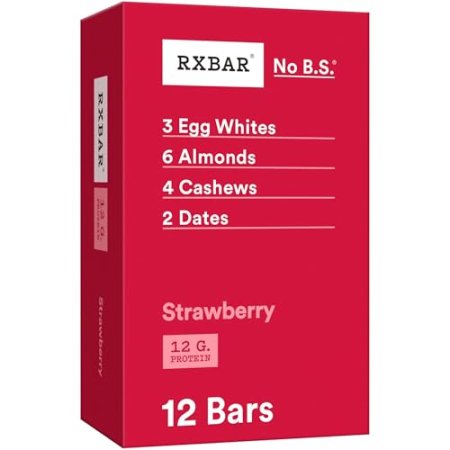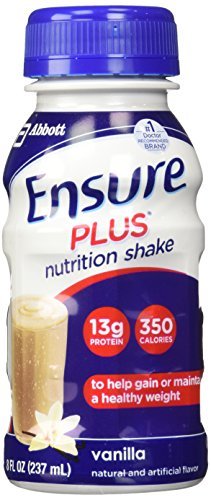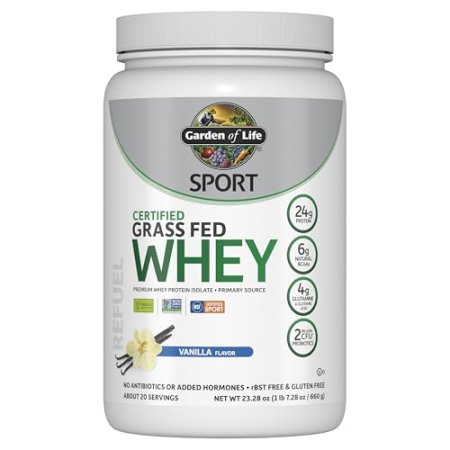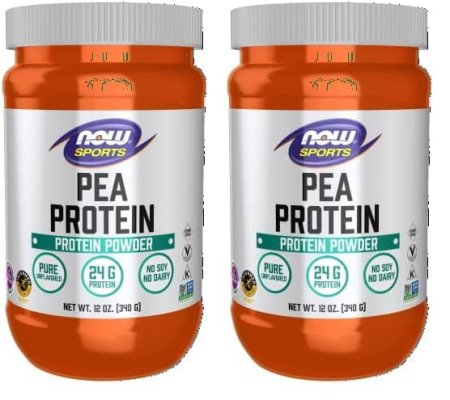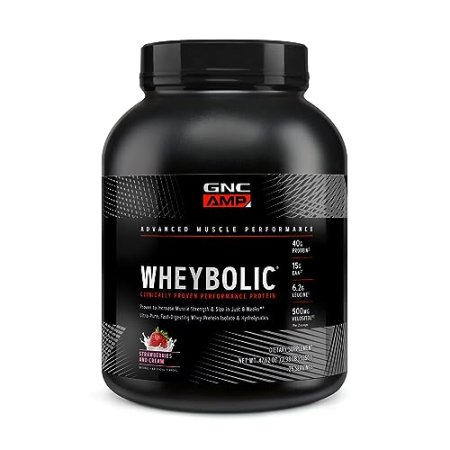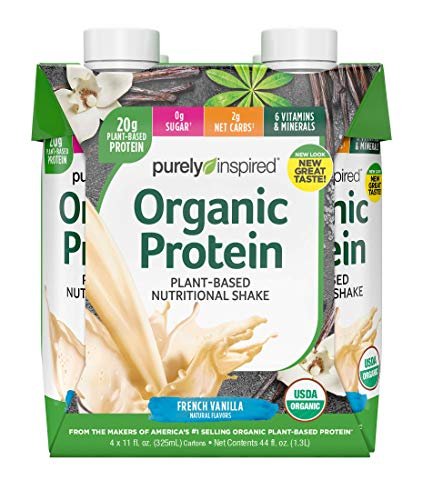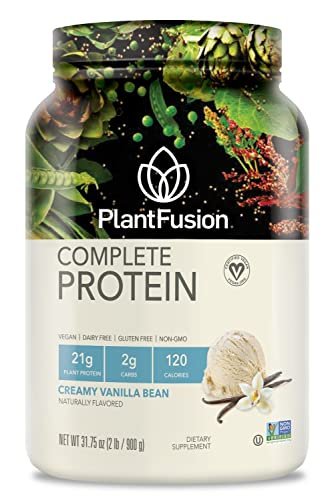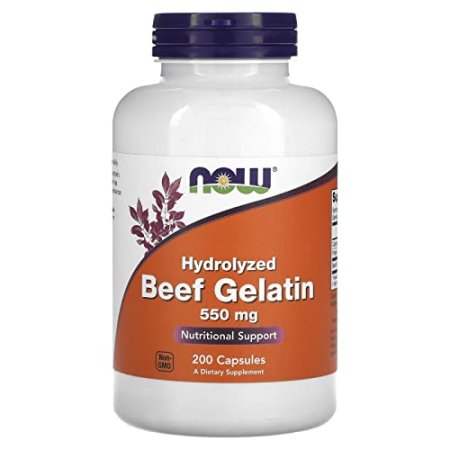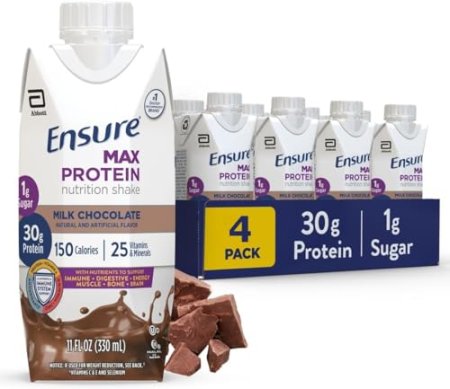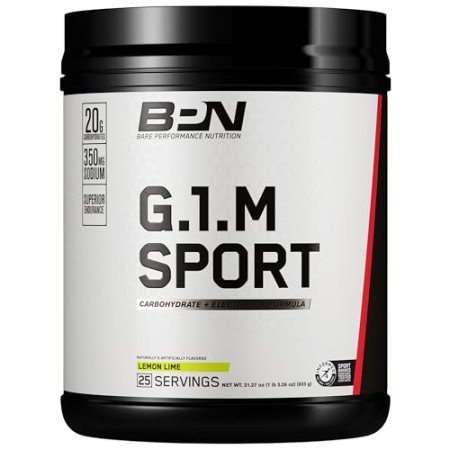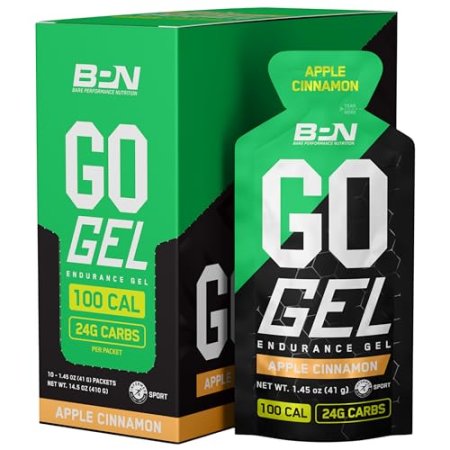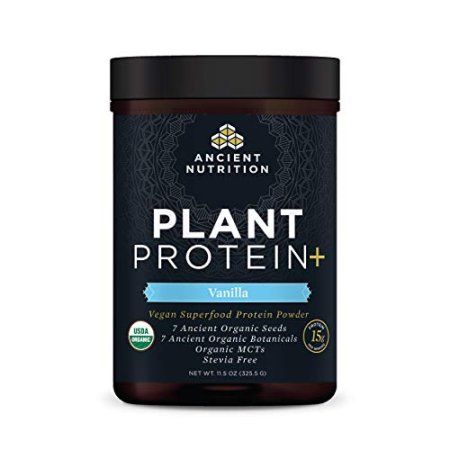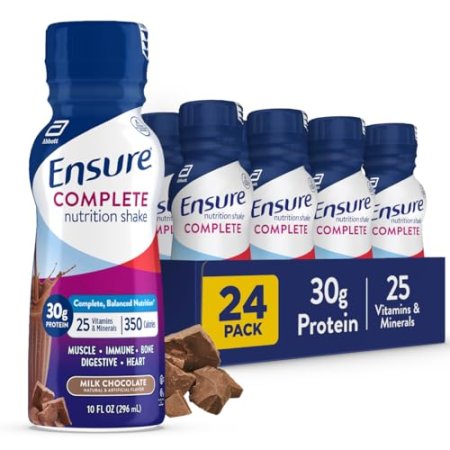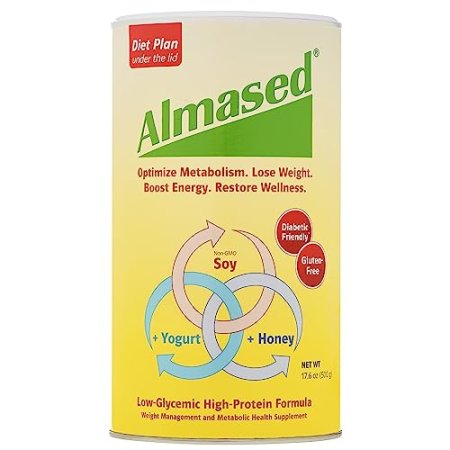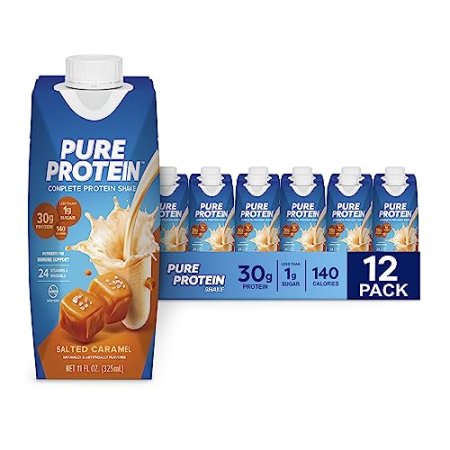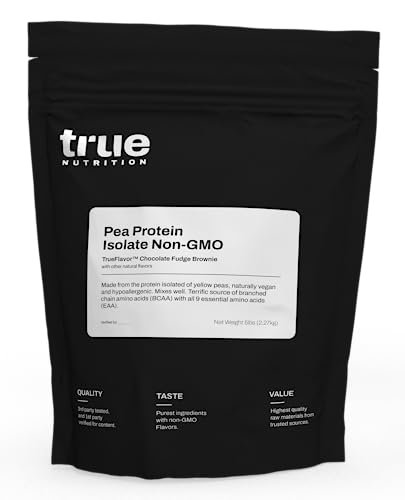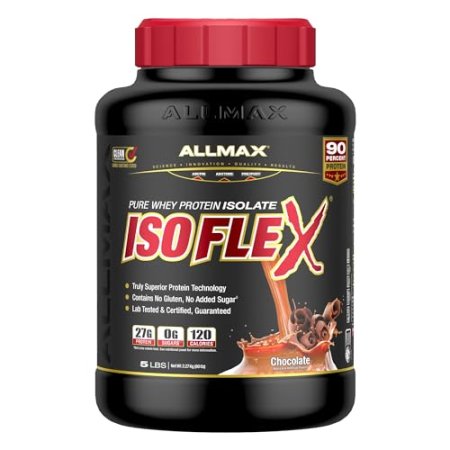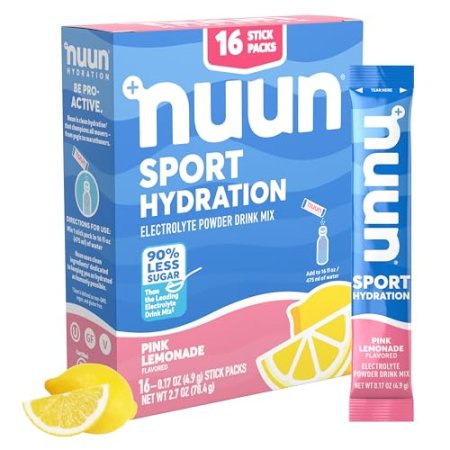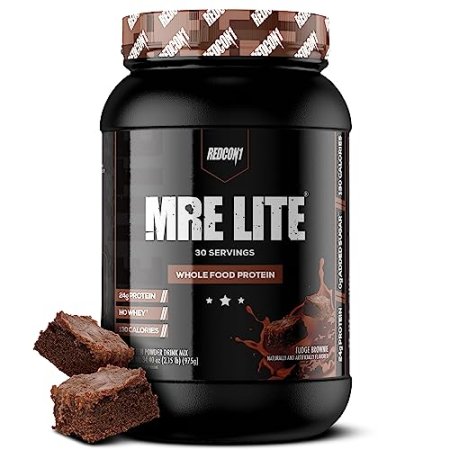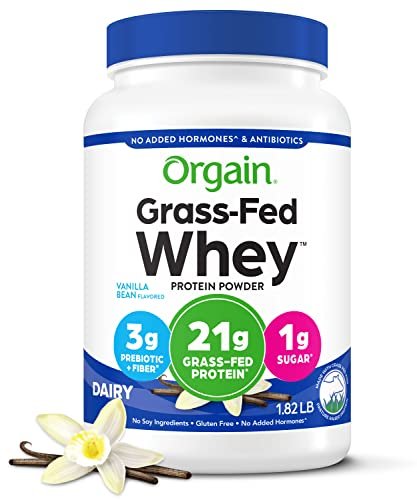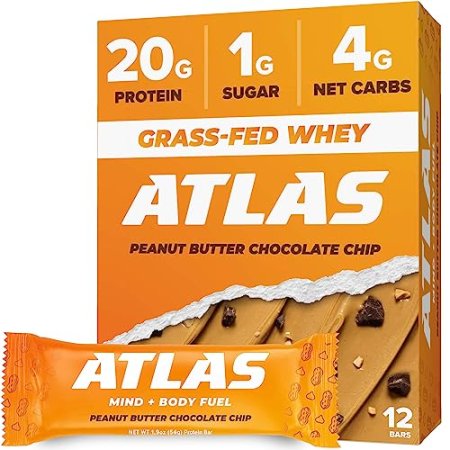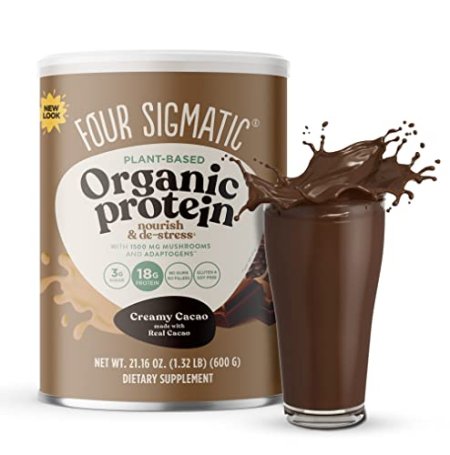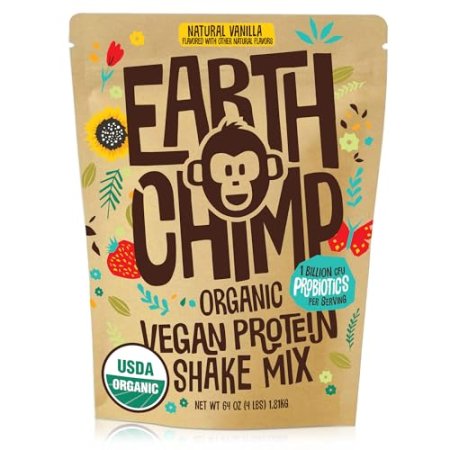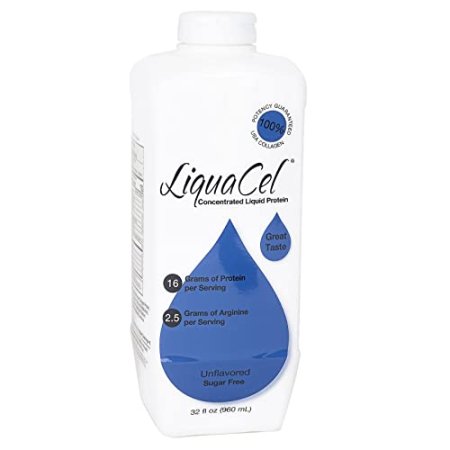Sports Nutrition Protein: A Complete Guide for Athletes
In the world of sports nutrition, protein is a critical nutrient that plays a fundamental role in muscle growth, recovery, and overall athletic performance. Whether you’re aiming to build muscle, enhance endurance, or simply recover faster after workouts, protein is an essential part of your diet.
But with so many types of protein supplements available and conflicting advice on how much to consume, it can be overwhelming to know where to start. In this guide, we will break down everything you need to know about sports nutrition protein and how it can help you achieve your fitness goals.
What Is Sports Nutrition Protein?
Sports nutrition protein refers to the proteins consumed to support physical activity, exercise recovery, and muscle repair. Proteins are made up of amino acids, which are the building blocks of muscle tissue. When you exercise, your muscles undergo stress, and protein helps to repair and rebuild this tissue, making it stronger and more resilient.
Protein also plays a vital role in the production of enzymes and hormones that regulate various processes in the body. For athletes, ensuring adequate protein intake is key to maintaining performance and preventing muscle breakdown.
Types of Protein in Sports Nutrition
When it comes to choosing the right protein, there are several types to consider, each with its own benefits:
Whey Protein
Whey protein is one of the most popular and widely used supplements in the fitness industry. It’s a complete protein, meaning it contains all nine essential amino acids that your body can’t produce on its own. Whey is quickly absorbed by the body, making it ideal for post-workout recovery when your muscles are in need of immediate nutrition.
Casein Protein
Unlike whey, casein protein is absorbed slowly, providing a steady release of amino acids over time. This makes it an excellent choice for taking before bed or during long periods when you won’t be eating, as it helps prevent muscle breakdown during fasting.
Plant-Based Protein
For those who prefer a vegan or vegetarian lifestyle, plant-based protein powders like pea, hemp, or brown rice protein are good alternatives. While they may not contain all nine essential amino acids, many brands offer blends to ensure you get a complete protein profile.
Protein Blends
Some supplements combine different types of protein (such as whey, casein, and plant-based proteins) to offer both fast-acting and slow-digesting proteins in one product, providing balanced nutrition throughout the day.
Benefits of Protein for Athletes
Protein offers a host of benefits for anyone engaging in regular physical activity, particularly athletes:
- Muscle growth and repair : Protein is essential for muscle synthesis, helping you build lean muscle mass after strength training.
- Enhanced recovery after workouts : Consuming protein post-exercise helps speed up recovery, reducing muscle soreness and preventing overtraining.
- Support for lean muscle mass : Adequate protein intake helps you maintain muscle while losing fat, keeping your body composition healthy.
- Improved athletic endurance : Protein supports metabolic functions, providing sustained energy for endurance activities.
How Much Protein Do You Need?
The amount of protein you need depends on various factors, including your age, activity level, and fitness goals.
Protein Requirements for Athletes
Generally, athletes need more protein than sedentary individuals. The common recommendation for athletes is 1.2 to 2.0 grams of protein per kilogram of body weight per day, depending on the intensity of their training.
Factors Affecting Protein Intake
If your goal is to build muscle, your protein needs will be on the higher end of the spectrum. For those focused on endurance sports, slightly lower amounts may suffice. Age, weight, and gender also play a role in determining how much protein is right for you.
Timing: When Should You Consume Protein?
Pre-Workout vs. Post-Workout Protein
While consuming protein both before and after your workout can be beneficial, post-workout is generally the best time to ensure muscle recovery. After exercising, your muscles are primed to absorb nutrients, making this an ideal window for protein intake.
Daily Protein Intake and Distribution
It’s not just about how much protein you consume but also when you consume it. Distributing your protein intake evenly across meals throughout the day can enhance muscle protein synthesis.
How to Choose the Right Protein Supplement
When selecting a protein supplement, there are a few key factors to consider:
Protein Quality
Not all proteins are created equal. Look for high-quality proteins with a complete amino acid profile. Whey protein, for instance, is known for its high bioavailability, meaning it’s easily absorbed by the body.
Factors to Consider
Take into account dietary restrictions, fitness goals, and personal preferences. For example, vegans will want to opt for plant-based proteins, while those focused on muscle gain may prefer whey or casein.
Natural Food Sources of Protein
While supplements are convenient, whole foods should also be a staple of your protein intake:
Animal-Based Sources
Lean meats like chicken, turkey, beef, and fish are excellent sources of complete proteins. Eggs and dairy products like yogurt and cheese are also rich in protein.
Plant-Based Sources
For those who prefer plant-based options, legumes, beans, quinoa, tofu, and tempeh are great sources of protein. Pairing these with complementary foods can ensure a complete protein intake.
Protein Myths and Misconceptions
There are many myths surrounding protein consumption, particularly in sports nutrition. One common myth is that you need excessive amounts of protein to build muscle. In reality, once your body’s protein needs are met, any excess is not stored as muscle but used for energy or stored as fat.
Potential Risks of Excessive Protein Intake
While protein is essential, consuming too much can lead to potential health risks:
- Kidney strain : Excessive protein intake may place stress on the kidneys, especially in individuals with pre-existing kidney conditions.
- Dehydration : High protein intake can increase water loss, so it’s important to stay hydrated when consuming large amounts of protein.
Incorporating Protein into Your Daily Routine
Here are some practical ways to add more protein to your diet:
Easy Protein-Rich Meals and Snacks
Incorporate eggs, lean meats, and fish into your meals. For snacks, choose options like Greek yogurt, cottage cheese, or protein bars.
Supplementing with Shakes and Bars
Protein shakes and bars are a convenient way to meet your daily protein needs, especially for those with busy schedules.
The Role of Protein in Fat Loss
Protein not only helps build muscle but also plays a crucial role in fat loss. By increasing satiety and preserving lean muscle mass, protein can support fat loss while maintaining muscle.
Protein for Different Types of Athletes
Strength vs. Endurance Athletes
Strength athletes (e.g., bodybuilders, weightlifters) typically need higher protein intake to support muscle growth. Endurance athletes (e.g., runners, cyclists) still need protein but may focus more on carbohydrates for energy.
Protein Needs for Vegans and Vegetarians
Vegans and vegetarians can meet their protein needs through plant-based sources, but they may need to be more mindful of getting all essential amino acids.
Choosing Between Protein Supplements and Whole Foods
Supplements are convenient, but whole foods offer additional nutrients. A combination of both can provide balanced nutrition.
Conclusion
Protein is a cornerstone of sports nutrition, playing a vital role in muscle growth, recovery, and overall athletic performance. By understanding
the different types of protein, their benefits, and how to incorporate them into your diet, you can optimize your training and achieve your fitness goals. Whether you're aiming to build muscle, lose fat, or simply maintain a healthy lifestyle, protein should be a key component of your nutrition strategy.
Frequently Asked Questions (FAQs)Can too much protein harm your kidneys?
For most healthy individuals, consuming protein in recommended amounts is safe. However, people with pre-existing kidney conditions should consult a healthcare provider before increasing their protein intake, as excessive protein can strain the kidneys.
What’s the best time to drink a protein shake?
The best time to consume a protein shake depends on your goals. Post-workout is an ideal time to drink a protein shake to promote muscle recovery, while pre-workout or bedtime protein can help with muscle preservation and overall energy levels.
Can you build muscle without supplements?
Yes, you can build muscle without supplements by consuming adequate amounts of protein through whole foods like lean meats, eggs, and plant-based sources. Supplements are convenient but not necessary if you can meet your protein needs through diet alone.
Is plant-based protein as effective as animal-based protein?
Plant-based proteins can be just as effective as animal-based proteins if they provide a complete amino acid profile. Many plant-based protein powders are blended to ensure they contain all essential amino acids, making them a suitable option for muscle growth and recovery.
How much protein should I consume if I’m trying to lose weight?
When trying to lose weight, it’s recommended to consume around 1.2 to 1.6 grams of protein per kilogram of body weight. Protein helps preserve lean muscle mass during weight loss, keeps you feeling full, and supports overall fat loss efforts.


